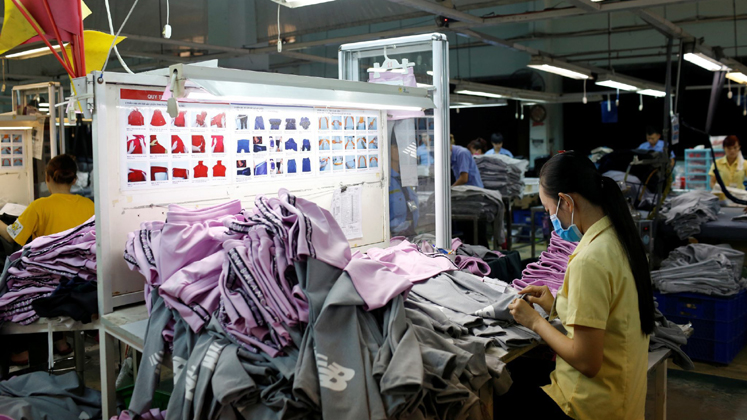
According to recent research, European business executives continue to consider Vietnam as a desirable location for foreign direct investment (FDI), with 3 per cent more listing it among their top three global investment hotspots. 36 per cent of the respondents identified Vietnam as one of the top investment locations in the world, either as their first option, one of their top three choices, or one of their top five choices.
The Business Climate Index (BCI), which gauges the business climate of the European business and investment community in Vietnam, stayed constant at 48.0 in the first quarter of 2023. There are encouraging signals that European company stakeholders are experiencing a good change in their economic prospects, even though it remained at its level from the end of 2022.
European business executives are still cautious despite the better outlook. Although the percentage of respondents who are optimistic about the state of the economy has increased by 8 points, caution is nevertheless advised because the economy is still fragile. For foreign businesses operating in Vietnam, regulatory ambiguity, ineffective administration, and difficulties with visas and work permits continue.
The industrial industry has additional challenges from convoluted customs procedures, whilst service companies face significant obstacles from visa and work permit issues. According to the report, poor anti-corruption legislation is a barrier to growth in other businesses such as transportation, pharmaceuticals, and renewable energy.
In order to increase Vietnam’s appeal as a lucrative investment destination, the BCI participants emphasised the significance of improving political stability, regulatory frameworks, and tax and tariff regimes. Such initiatives would successfully allay international businesses’ concerns and boost their belief in the nation’s economic potential.
Vietnam has become a top location for both domestic and foreign investment despite its difficulties. According to feedback from survey respondents, regulatory simplification, sustainable development initiatives, investment incentives, and workforce development programmes have provided the essential circumstances for long-term economic success.
The results of the study indicate that the business and investment community in Europe appears to be pleased with the level of consideration given by policymakers to business requirements in Vietnam. A third of the participants showed remarkable or moderate contentment, which attests to the government’s ongoing commitment to fostering a business-friendly environment in the nation.
The best gauge for learning about how the European business and investment community views the Vietnamese market is the BCI, which is carried out by Decision Lab for the European Chamber of Commerce in Vietnam (EuroCham).






